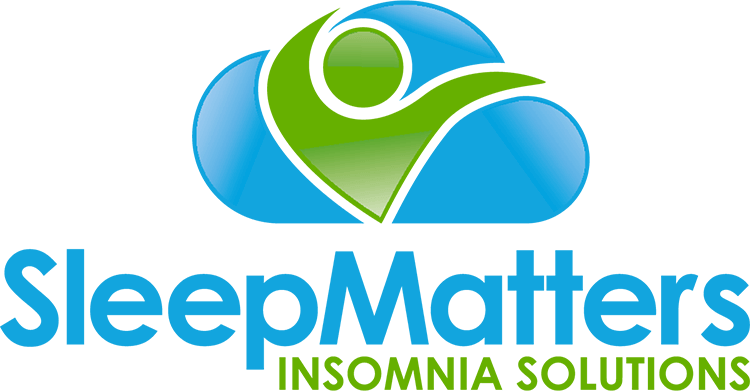100s of clinical trials have lead to the recommendation that Cognitive Behaviour Therapy for Insomnia (CBT-I) be the recommended first-line treatment for Insomnia.
Through 2018, researchers from Curtin University, Dr Clare Rees and Ms Jamie Hardman, have analysed data from the group CBT-Insomnia program developed by Sleep Matters and run through The Marian Centre in Perth, WA. This is important research as it evaluates whether treatments found to be effective in highly controlled research settings are also effective in real-world settings. Much of the existing research is conducted under very well-controlled conditions in university settings, which is quite different from real-world clinical settings where the complications of being human (such as co-existing conditions and medications) can’t be excluded.
The study included 74 adults who have attended the group treatment program. Approximately 70% of the participants had a a diagnosis in addition to Insomnia. The most common conditions alongside the insomnia were depression and anxiety disorders. The majority of patients were taking medication to help them sleep.
The treatment consisted of four, weekly Cognitive Behaviour Therapy sessions. Groups tended to have 3-6 participants.
The 4 week program covered:
- Science-based facts about sleep to help you understand the range of ‘normal’.
- The three barriers to sleep and how to manage them.
- How to adjust your sleep routine to fall asleep faster and reduce night-time wakings.
- Strategies to calm a busy mind and/or tense body.
- Strategies for improving daytime energy.
- How to reduce worry about sleep.
- The use (and misuse) of light in assisting sleep
- How to reduce reliance on sleeping tablets (where appropriate).
- Where to find additional support if required (self-help resources, referral for treatment of other sleep disorders such as sleep apnea, individual follow-up for insomnia or related issues such as stress, anxiety, low mood).
The program assisted people with their sleep, but it also helped people feel better in general, which is important, as of course, we want to sleep well in order to feel well during the day. The data showed that participants strongly benefited from the program, with large and clinically significant improvements in insomnia symptoms. Insomnia Severity Index scores reduced by an average of 8 points, bringing many patients into the normal sleeper range at the end of the 4 weeks. Further, quality of life improved and so did mood, anxiety and stress symptoms. The results were similar, if not a little better than those seen in randomised controlled trials. The results suggest that CBT-Insomnia is an effective treatment in a real-world setting, in participants with both simple insomnia presentations and more complex presentations with diagnoses in addition to their insomnia.
Blog overview
